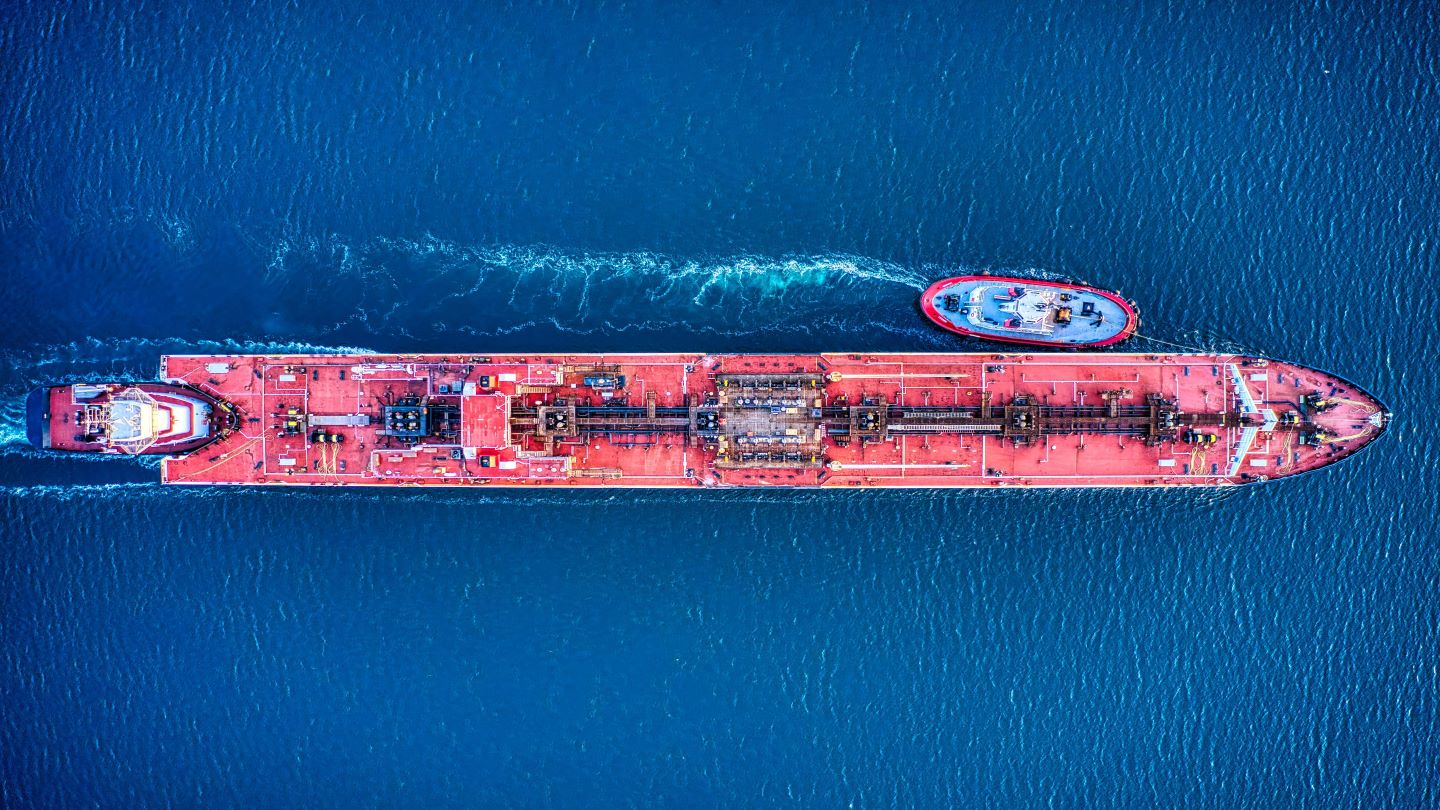
A consortium of six companies has agreed to construct a methanol-fuelled coastal tanker, which is claimed to be the first of its kind in Japan.
The companies are Mitsui OSK Lines (MOL), MOL Coastal Shipping, Tabuchi Kaiun, Niihama Kaiun, Murakami Hide Shipbuilding and Hanshin Diesel Works.
MOL Coastal Shipping, Tabuchi Kaiun and Niihama Kaiun will jointly own the new vessel, which will feature a methanol-driven engine.
The trio reached a shipbuilding contract with Murakami Hide Shipbuilding for the new vessel.
Expected to be delivered in December 2024, the vessel will be constructed at Kanasashi Heavy Industries, which is part of the Murakami Hide Shipbuilding Group.
Through the three shipowning companies, the vessel will be bareboat chartered to Niihama Shipping. It will later be time-chartered to MOL Coastal Shipping through Tabuchi Kaiun.
MOL Coastal Shipping will enter a time charter contract with Mitsubishi. The tanker will be involved in domestic methanol transport from the time of its delivery.
As part of the alliance, MOL will offer technical support for the development of the tanker, as well as further promoting and developing the partnership.
Hanshin Diesel Works has been tasked with the development of a methanol-fuelled engine for the vessel.
According to MOL, methanol fuel can cut down sulfur oxide (SOx) emissions by up to 99%, particulate matter (PM) emissions by up to 95%, nitrogen oxide (NOx) emissions by up to 80%, and carbon dioxide (CO₂) emissions by up to 15%, in comparison with heavy oil.
Methanol fuel is already in practical application and can be supplied and bunkered at around 130 major ports across the globe.



